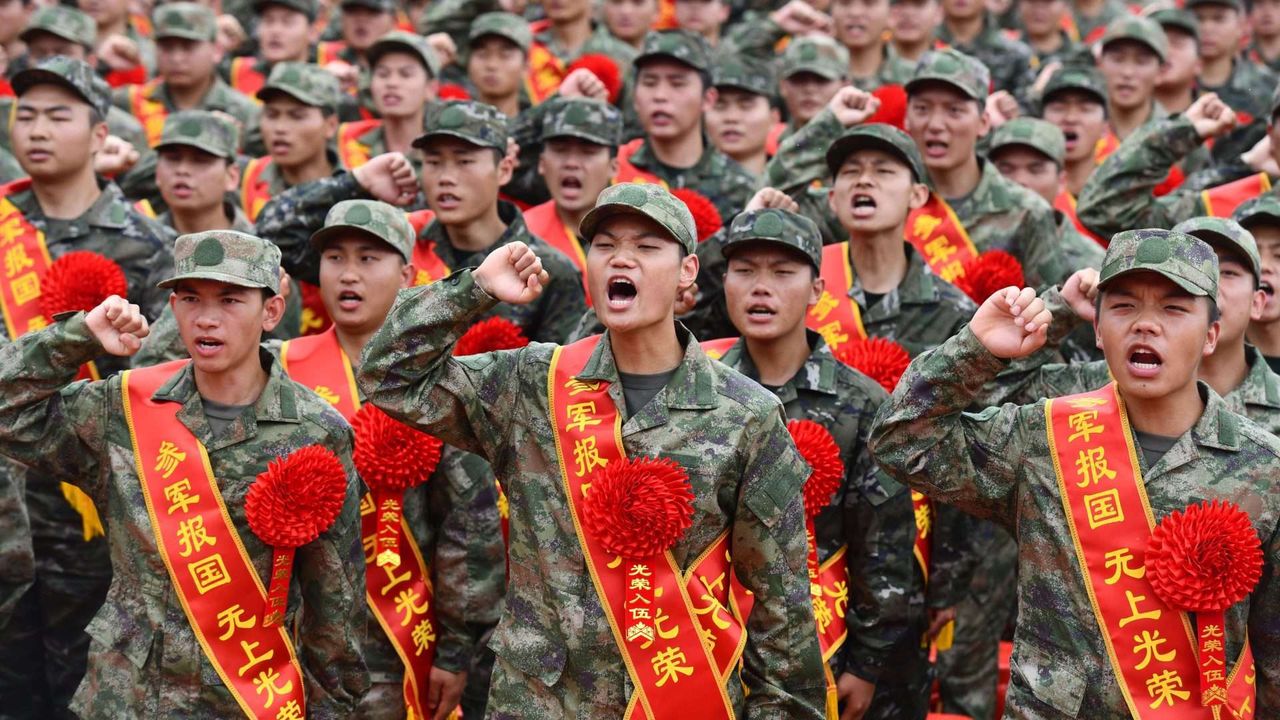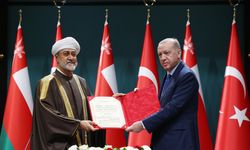While the 7.2% rise surpasses China's 5% economic growth target, it is well below the double-digit defense spending hikes of previous years. The increase underscores Beijing’s commitment to military modernization as it navigates rising tensions with Taiwan, Japan, and the United States, alongside broader strategic concerns including the South China Sea.
Under President Xi Jinping's leadership, China's military budget has more than doubled since 2013, supporting advancements in missile systems, naval capabilities, and surveillance technologies. Xi has set a target of full military modernization by 2035, with continued investment in high-tech weaponry and increased combat readiness through intensive training and drills—many of which focus on potential Taiwan conflict scenarios.The announcement also comes amid corruption scandals within the People's Liberation Army (PLA), which have led to the dismissal of two defense ministers and a high-ranking Central Military Commission official in recent years. Despite these setbacks, China remains the second-largest military spender globally, trailing only the United States, which has proposed an $850 billion military budget for 2025.
Analysts from the International Institute for Strategic Studies (IISS) note that given China's economic slowdown, authorities face increasing pressure to prioritize specific defense areas. As Beijing balances economic constraints with security ambitions, its military trajectory will continue to be closely watched by global powers.








